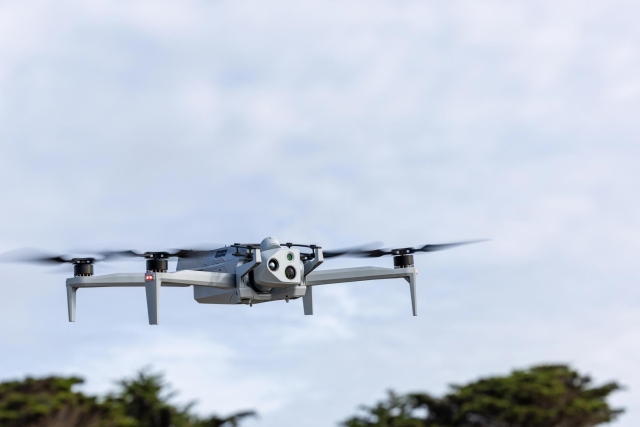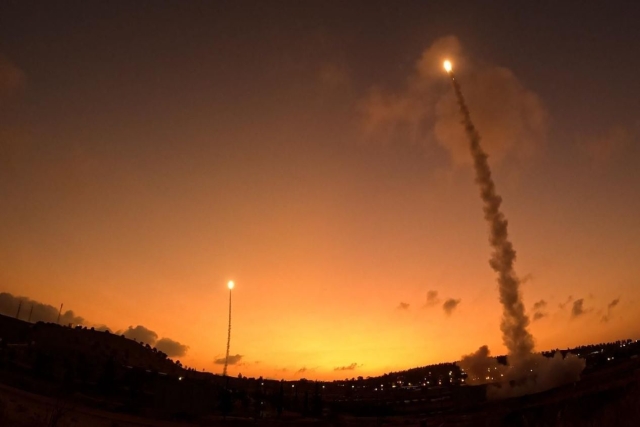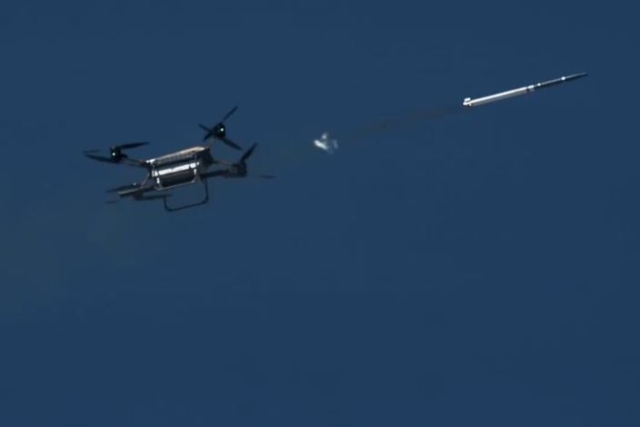Navy Pilots Learning to Fly Global Hawk
BEALE AIR FORCE BASE, Calif. --- In what could prove to be the first step toward creating a joint RQ-4 Unmanned Aircraft System training unit here, pilots of the 1st Reconnaissance Squadron are teaching a class of Navy pilots the Global Hawk system.>> The class, consisting of three active-duty P-3 Orion pilots and one civilian contractor, came about as a response to the secretary of defense's call to maximize the intelligence, surveillance and reconnaissance capability in support of the war on terrorism.>> Navy officials are looking to the Air Force to assist in expediting their pending RQ-4 Global Hawk deployment, one reason the normally five-month course is being condensed to four.>> "This is the initial Navy RQ-4 class, which is on an accelerated course," said Lt. Col. Scott Coon, 1st RS director of operations. "They are getting top priority. We bumped our regularly scheduled October class back by one month in order to fit the Navy pilots in.">> Navy officials, who currently don't have a Global Hawk training program, will use the training Beale pilots provide to install their own Global Hawk presence in the Central Command area of operations by next year.>> Based on the experience Beale aircrews have in training pilots to employ the Global Hawk, Colonel Coon said the 9th Reconnaissance Wing was a natural choice for the Navy when it came to deciding on where to send their pilots for training.>> With more than 20,000 RQ-4 combat flying hours, Beale Airmen have racked up 75 percent of the total Global Hawk flying hours since the program's inception in 1998.









